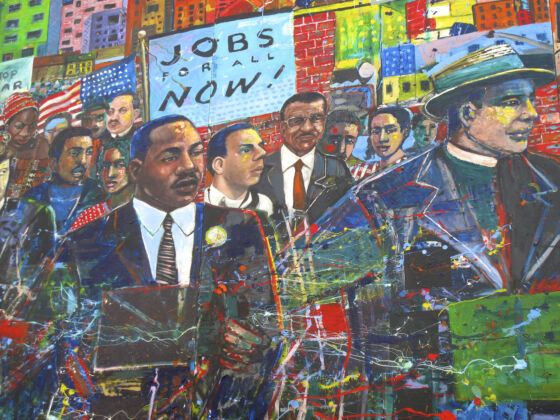Because it’s about more than Dr. Martin Luther King, Jr.
There’s a tendency to distil history into soundbites, statistics, and generalizations. In doing so, we neglect the underlying humanity. We oversimplify people the same way, particularly if they’re iconic figures. No doubt you will see and hear Dr. King, Harriet Tubman, Rosa Parks and many other prominent figures spotlighted every February, but it would be good to remember that these were dynamic men and women — they were so much more than their pivotal act(s). Likewise, there are countless women and men who we don’t hear enough about, like Septima Poinsette Clark, who was responsible for developing literacy and citizenship workshops during the Civil Rights Movement. Or Diane Nash, who facilitated many of the student efforts within the Movement. There’s also Fannie Lou Hamer, George Washington Carver, and Carter G. Woodson. Woodsen is even considered the ‘father of Black History Month’ himself and yet his name still hasn’t reached household status.
